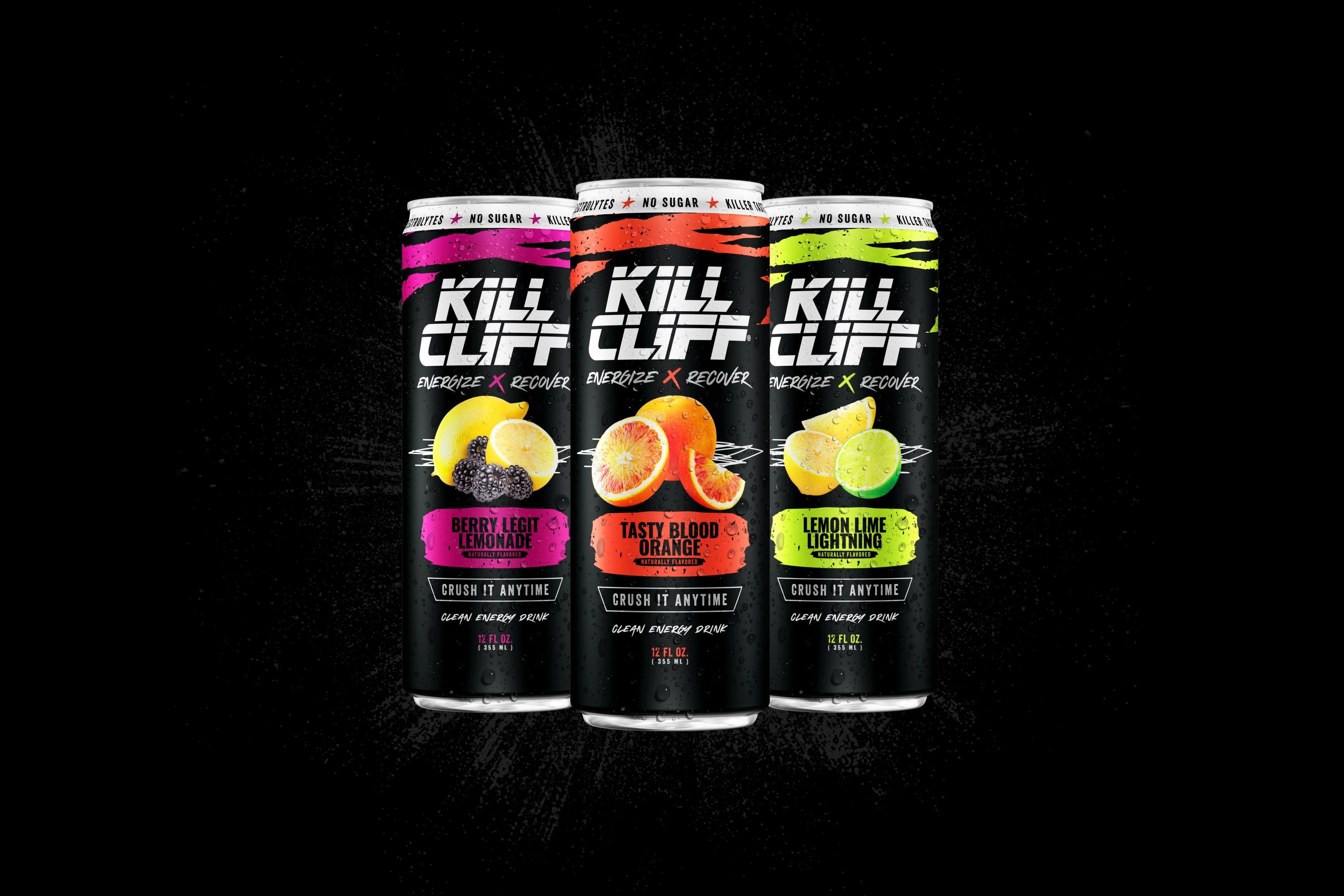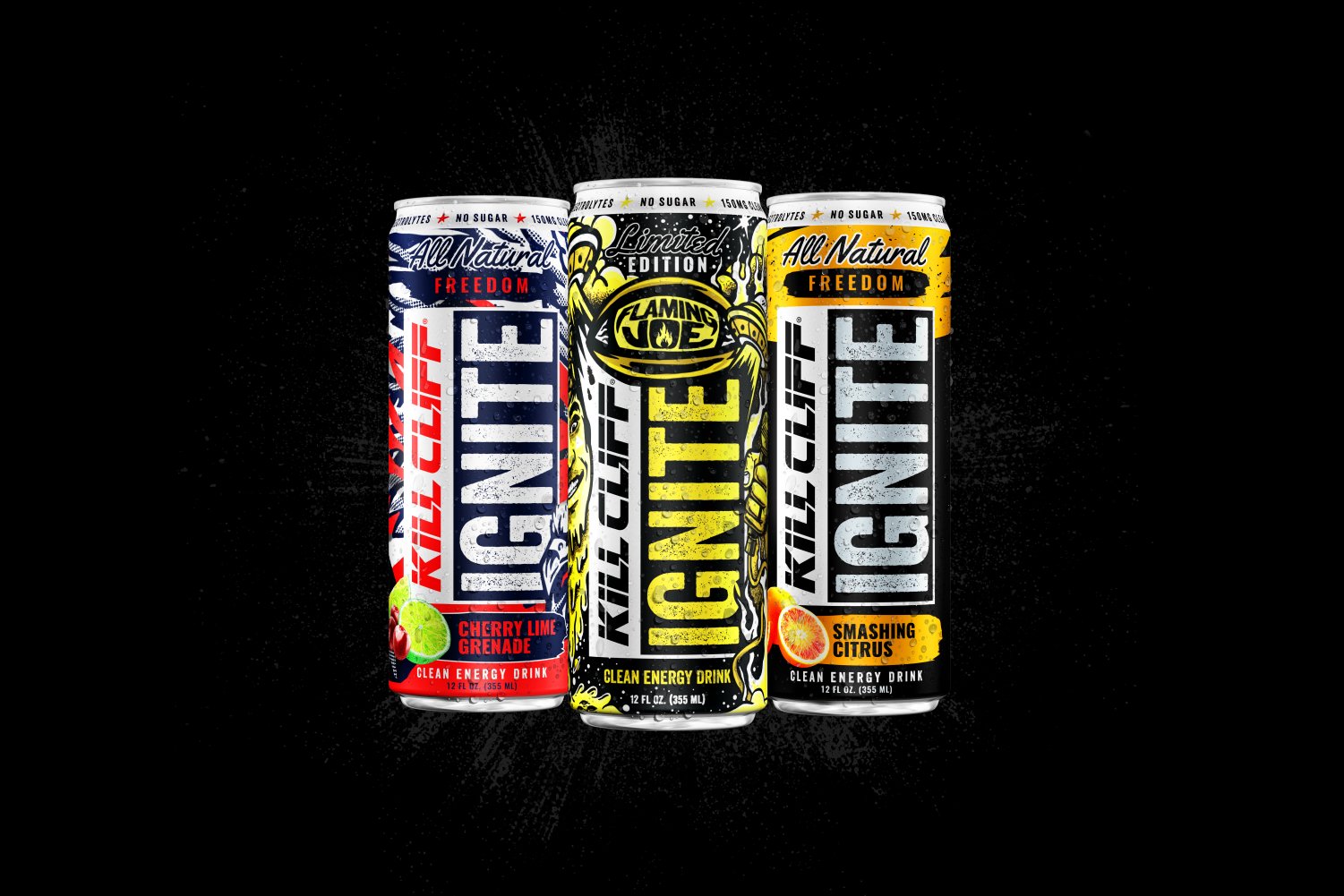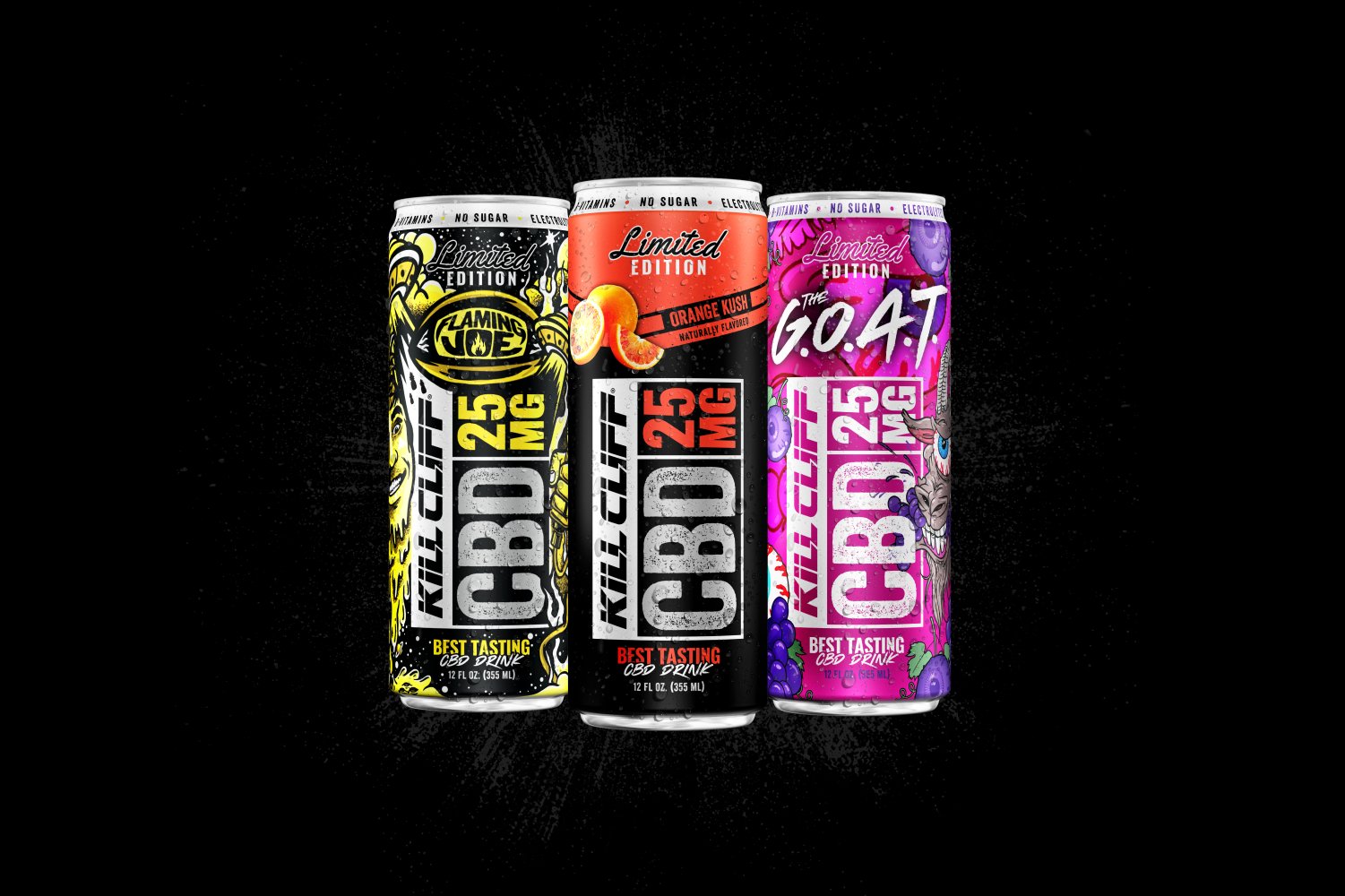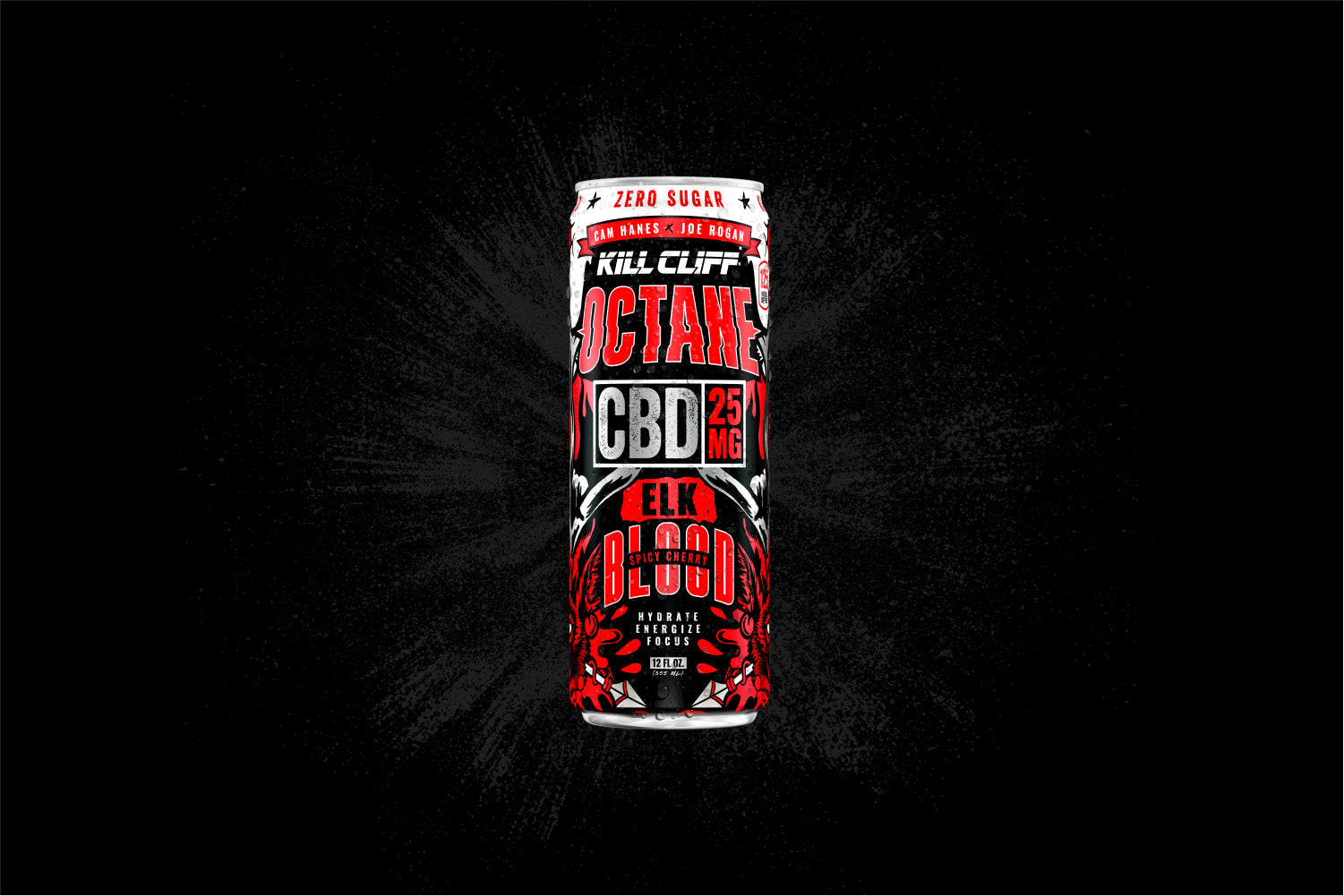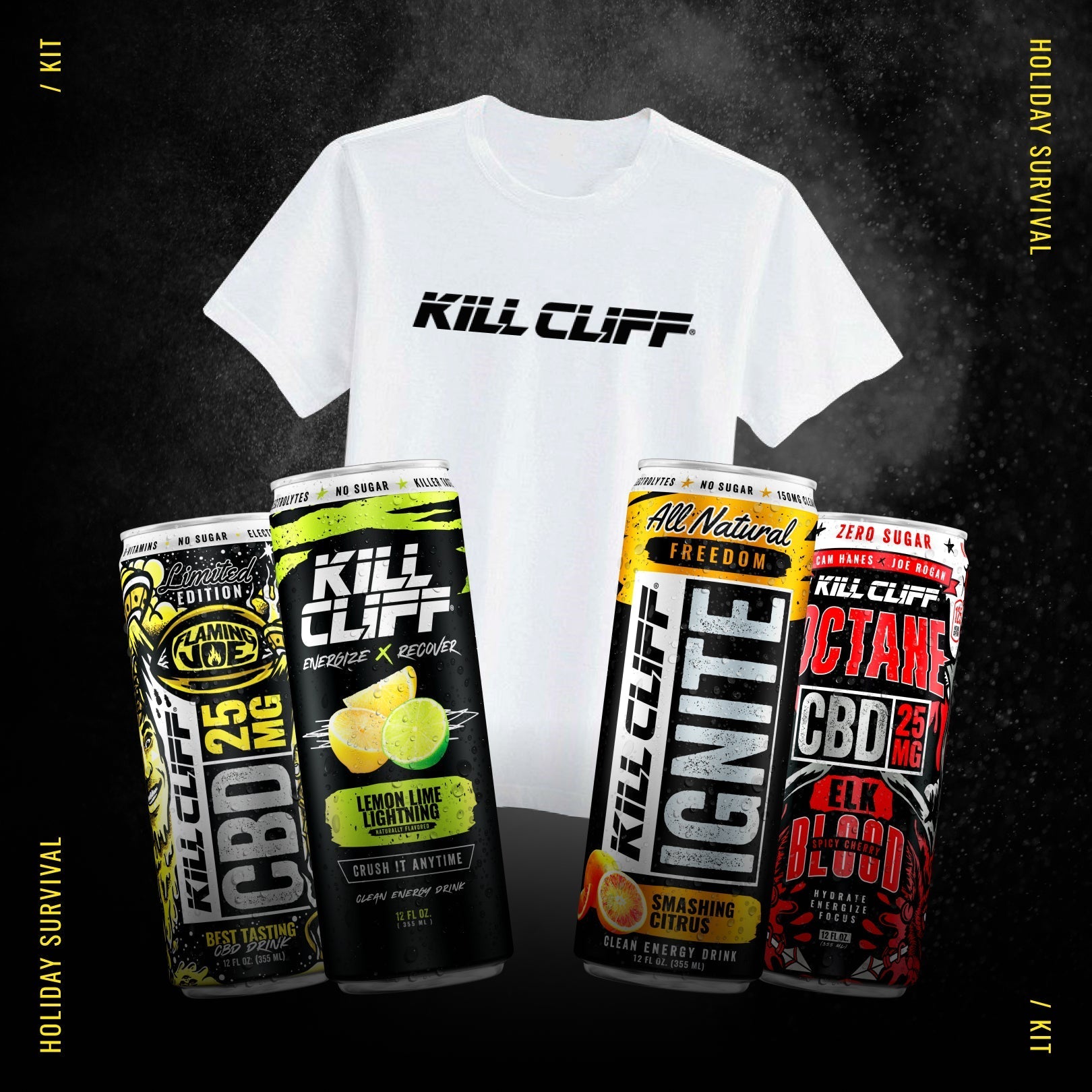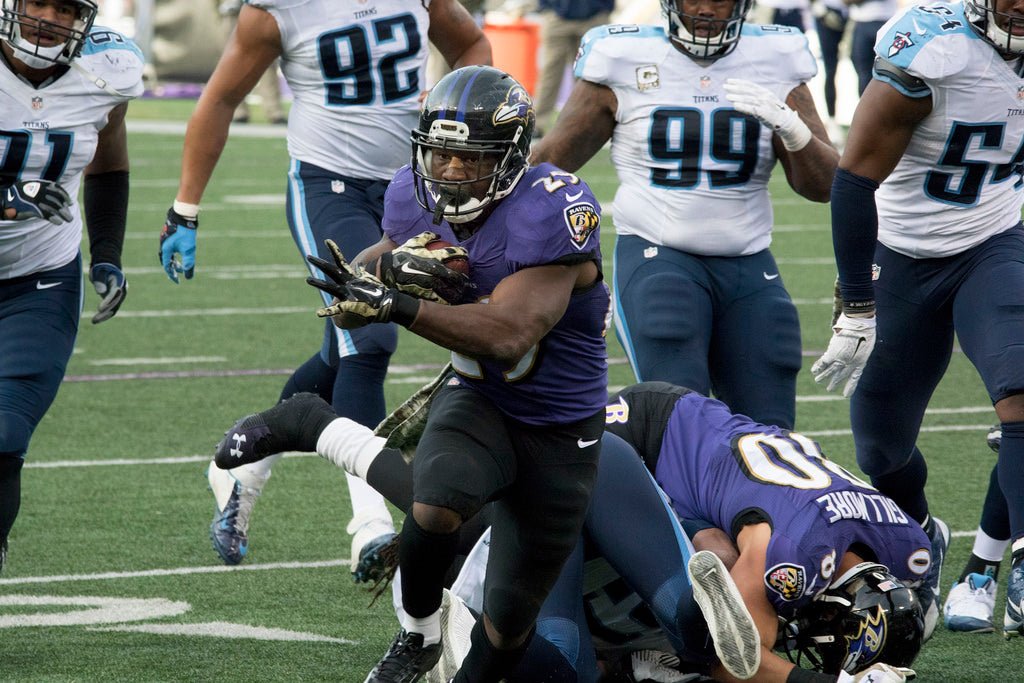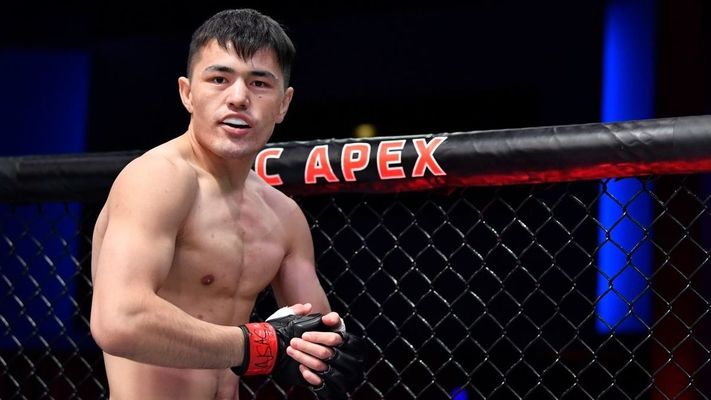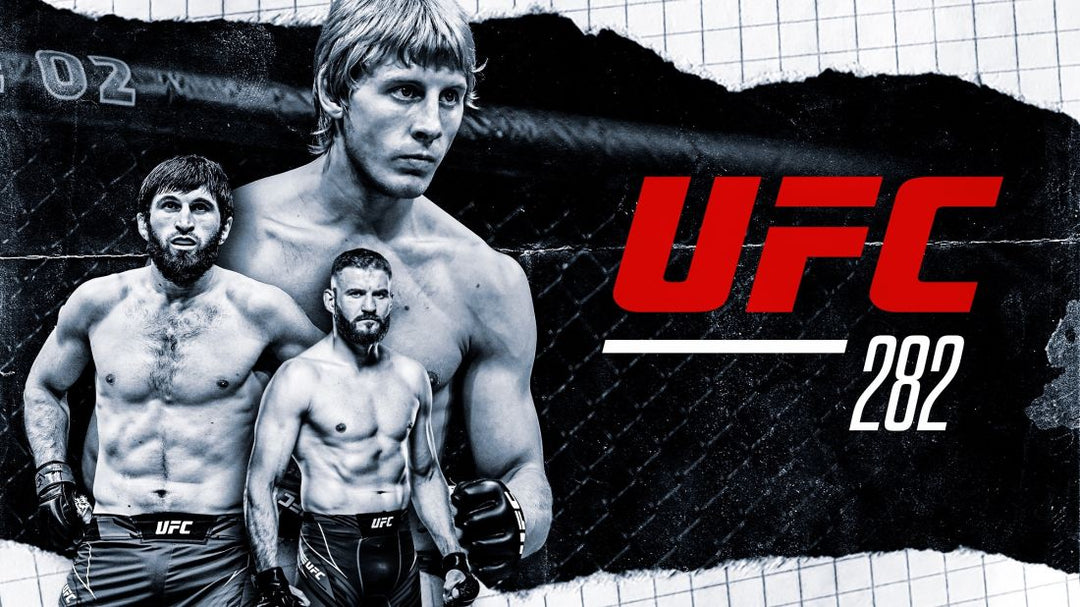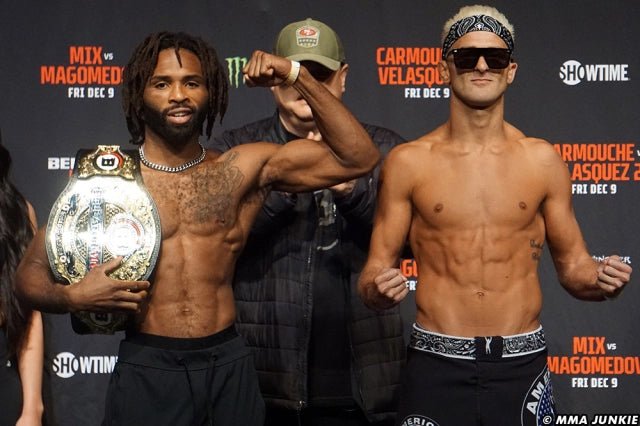
Former NFL running back Justin Forsett has retired from football, but he hasn't stepped away from the game completely.
Justin has played in the American Flag Football League for its first two seasons as the co-captain of GodSpeed. Forsett, with the help of his former Cal-Berkeley teammates, has launched a company called Shower Pill. Shower Pill is an extra-thick, premium wipe that works like a disposable washcloth. You can learn more about Shower Pill here.
Forsett came to Kill Cliff and sat down with us to talk about his upbringing, his successful NFL career, and his transition from running back to a businessman.
KC: How did you come up with the idea for Shower Pill?
JF: It came from a place of need. My business partners and I that started the company were all of football players at UC Berkeley together. We played with some great players like Aaron Rodgers and Marshawn Lynch. Now all of us didn't have that great talent those two but we all share just one problem.
We were always on the go and got to a point where we couldn’t immediately shower after workouts. So, it wasn't an issue where we wanted to be stinky athletes, we just couldn't take three or four showers after every interval sweat. Having practice, having class schedules – there were just a lot of things we had to do but we didn't have a lot of time to freshen up and practice good hygiene.
We wanted to be a solution. We saw that Gatorade had hydration in a locker room covered. Under Armor and Nike had apparel.
We saw some recovery but there was nothing that spoke authentically to the athlete as far as hygiene and we wanted to be that solution, so we came out with Shower Pill the body wipe. Shower pill is the term was passed down from the NFL greats like Ronnie Lott, John Elway, and Joe Montana. There were pills in the locker room but no pills for the shower. They'd say I'm taking the shower pill bro don't judge me, so I'm leaving. So, we took that locker room joke and turned into a brand so now you have Shower Pill body wipes all over the world.
KC: You were passed on by a few major colleges because they thought you weren’t big enough to play the position, but your high school stats said otherwise. What kind of impact did that rejection have on you going into college?
JF: I was an undersized guy, no doubt about it. I came from humble beginnings from a small town in Mulberry, Florida - about 3000 people. People were always telling me what I couldn't do and it was no different when I was getting ready to choose a college.
It just created this despite within me because at one point my family and I were living out of a motel. We didn't have a home to go to at night, so I remember making a declaration that my family and my kids will never have to deal with this issue. Going to bed and you know belly's not full or the power is out. I allow all those bits of rejection and all those bits of diversity to refine me and not define me. They made me a better person, a better athlete, and a better man. It pushed me to be more and do more on the football field.
KC: You went to Cal and had to sit behind JJ Arrington and Marshawn Lynch, who were both great running backs. Knowing how talented you were, how hard was it to have to sit behind those guys and wait for your playing time? How much did you learn for them both?
JF: Marshawn and I came in the same year. JJ [Arrington] was the senior back at the time.
I came in thinking I'm going to start. I'm going to go in there and somehow some way I'm going to make my mark and have an impact and I'm going to start. Now, that didn't happen, but that's the mentality I had to have. I wasn't going to set the bar low. I wanted to be great and greatness doesn't settle for being mediocre, so I wanted to fight.
If I wasn't going to play, I was going to be a great sport, a great student of the game, and I was going to learn from the veterans in front of me as learned from J.J. I learned from how carried himself and how he prepared for games. I was going to be a student if I couldn't be out there on the field participating in every snap. I was going to be preparing for my moment when I got my chance, so it wouldn't slip through my fingers when I got to go. I worked like a dog to till I got my shot, so that was my mentality.
KC: You were roommates with Marshawn Lynch and played with characters like Deshaun Jackson, Richard Sherman, Brian Cushing, Aquib Talib, Steve Smith, and Terrell Suggs. Which of those guys had the most personality? Any good stories?
JF: A lot of trash talkers and a lot of personalities. T.J. Houshmandzadeh was another one. Steve Smith is one of a kind, man. He's just a big personality guy that really takes his job seriously day-in and day-out. Doesn't matter if it's a practice or training camp. He's going out to the destroy whoever it is, even if you have the same uniform on because that's how serious he takes his craft. Being right beside him while he talks, and you know he backs up everything that he says, it's incredible to be around. His work ethic was contagious. I wasn't a trash talker but at some point, I was in between the referee between him or some other guys on the field on game days. So, we always used to laugh about that. There were times he would be in a guy's face on the field and I'm the guy coming up saying, Steve, we've got to get back to the huddle, we're in the two-minute drill right now.
KC: What's your best Marshawn story?
JF: I got a few. I know where all the bodies are buried. He's a special guy. He's another big personality. He was a groomsman at my wedding so we're really close. His heart for giving back to his community, to the people he loves, and to his family is unlike anything I've ever seen. He's literally given the shirt off his back. Even as a college student - just going around to people in need. We were in Berkeley, California so Oakland is right there. Homelessness is rampant. Poverty is rampant.
Now, I do have a story about him in college. Our running back group decided we were going to give him his birthday licks and surround him. He's ridiculously strong though. The guy came in cleaning and 330 pounds freshman in college so he's very powerful and explosive.
We were in our cubicle, but the walls weren't touching the ceiling and we surrounded him after a meeting. We were certain he couldn't go anywhere and out of nowhere he just leaps up and he's on top of the walls that were probably six feet tall. He never got those licks.
KC: You were a 7th round pick in the NFL draft. Were you always confident you’d get drafted even as it got into the later rounds? Did that put a chip on your shoulder from the start of your NFL career?
JF: The confidence was down. I didn't think I was going to get drafted especially in the 6th going into the 7th round and I didn't know if I was going to get a shot. I was hopeful, I was prayerful, but I just didn't know. Right before I got drafted in the seventh round, I started talking to the Vikings they were going to pick me up for free agency, so I was kind of losing hope.
Pick #233 came around to Seattle Seahawks because I remember they called my dad and they had his cell phone number. I was on the phone at the time with the Vikings.
My dad told the Seahawks that I was on the phone right now the Vikings and I would call right back. The Seahawks said that I should probably take the call because they were about to pick me. That was a cool experience seeing my name being called on draft day. I already had a chip on my shoulder, so it just added fuel to the fire. I'm going to have to work a little bit harder to make it and I was okay with that. I'm no stranger to hard work.
KC: Due to some unfortunate events, you were able to finally be a feature back in Baltimore in 2014. You ended up making the Pro Bowl for the first time in your career. Do you think that season proved that you could be a feature back after spending most of your college and pro career sharing carries?
JF: I had what it took to be the guy - it was in me. I had to go through a lot of adversity, rejection, and disappointment to get there. It made me a better player and made me a better man. So. I'm grateful for those point of hurt out there that I went through because I wouldn't be the man I am today. I had my best year during my seventh year in the NFL at age 29 when most running backs are declining.
I was able to get my biggest contract after that. That year was just special to me in many different ways. It was the answer to a lot of prayers. I'm just grateful for the opportunity and for someone believing in me and giving me a shot.
KC: You played for Gary Kubiak three times in your career. How is your relationship with Kubiak? Were your multiple teams together coincidence or did he believe in you more than any other coach?
JF: Gary Kubiak is an unbelievable guy. I played for him when I was in Houston and he was my head coach there and I had a good year. During my end of year exit exam, he said to me that you can play for me any day. I love your heart man. If I had 45 of guys like you, we will be all right. He kept his word so when I was out of work looking for a job, he had a spot for me and he was one of the reasons why I was in Baltimore that year.
KC: You're the co-captain of the God Speed team in the AFFL. How did you get involved in that league?
JF: The AAFL came to me after retirement. they were running a test game in San Jose and ask me if I want to be a part of it. Chad Ochocinco and Mike Vick were already on board. I thought it sounded like a cool concept. I could still play the game. It's fun to be around my friends because when you retire you kind of miss that - the locker room fellowship that you have with your teammates. It was cool to be back on the field laughing, playing, and being competitive. I was able to fulfill those competitive juices that I had.
KC: What does Kill the Quit mean to you?
JF: I like the never say die attitude. Never say. I had to. I think about being relentless and perseverance. I hear that phrase and think of my life because that was my whole life. In NFL, everyone can measure how fast you can run, how high you can jump, and how much you can bench, but no one can measure my ability to get knocked down seven times and get up eight. That was the thing that kept me in the league for so long. When I was getting fired, it was that mentality, that never say die attitude, that allowed me to last as long as I did.
The advantages I had were nothing to do with my physical gifts. It was in my mind and in my heart. My ability to endure rejection, endure disappointment and keep fighting because I was fighting for something greater than myself. I was out there fighting for my family. I was thinking about those times when I was living in that motel room as a kid. Those things pushed me. Like I couldn't die. I couldn't say quit because it was something greater than myself that I wanted, and I was trying to take it.
Do you know someone that you think would be a good addition to the Kill Cliff Warriors? Email connor@killcliff.com and let him know!
